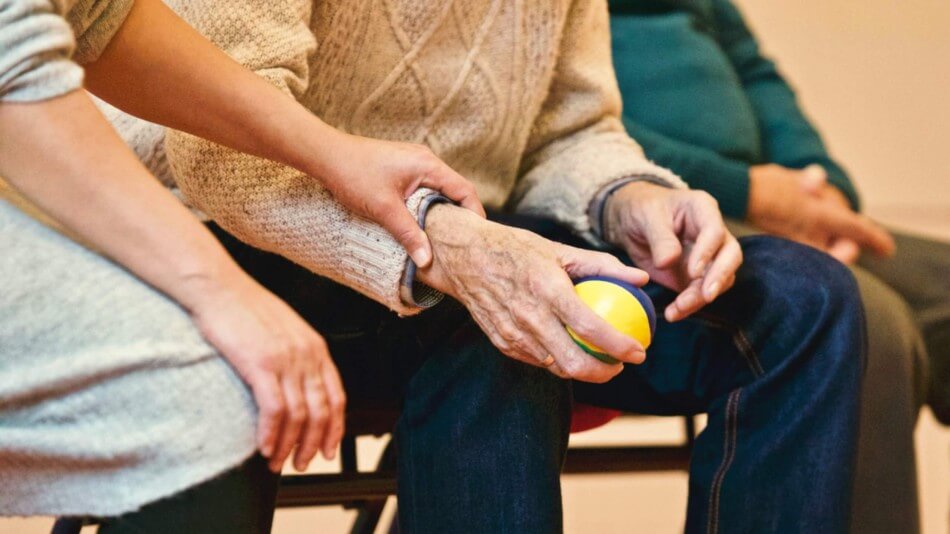Dealing with care arrangements, when there is no Health & Wellbeing Lasting Power of Attorney in place.
Where there is no Health and Welfare Lasting Power of Attorney in place, there is a common misunderstanding that a spouse or family member will be able to make decisions for an incapacitated person. This is not true.
Without a Lasting Power of Attorney in place, nearest relatives do not have an automatic or sole responsibility to make decisions for someone who lacks capacity to do so themselves.
Decisions about your health, care and living arrangements will be made by your care professional, the doctor or social worker who is in charge of your treatment or care. They will make decisions based on what they consider to be your best interests.
Your close relatives should be consulted – after all, they will typically be the people who know you best – but the doctor does not have to follow their wishes.
What if the family disagree with the health professionals?
If there is disagreement about a decision reached by healthcare professionals, then it is likely that the Court of Protection will be asked to make a final decision which can be time consuming, expensive and emotional.
What if the family disagree amongst themselves?
If there is disagreement within the family, then a best interest meeting is usually called by a social worker to try to ascertain the way forward and what is in the incapacitated person’s best interests. If an agreement can still not be reached, then the Local Authority is likely to ask the Court of Protection to make a final decision. Again, this can be time consuming, expensive and emotional.
If Social Services do become involved, they will have to act in the incapacitated party’s best interests. They can appoint an independent mental capacity advocate (IMCA) to carry out an assessment to determine what is in the incapacitated party’s best interests.
Social Services are of course subject to budget restrictions and their choice of where your family member should receive care may not accord with where you believe they should stay.
How can I protect my future wishes with a Lasting Power of Attorney?
You can make a lasting power of attorney for health and welfare. This will allow the person or people you choose to make decisions such as:
- Where you should live and who you should live with.
- Your day to day care, including diet and dress.
- Who you may see or not see.
- Medical, dental or optical treatment.
- Assessment for and provision of community care services.
- Social activities, leisure activities, education or training.
- Complaints about the Donor’s care or treatment.
To make a Lasting Power of Attorney you must be over the age of 18 and have mental capacity to be able to understand the powers that you are giving and what that will mean for you in the future should you lose mental capacity. The document must be registered at the Office of the Public Guardian which can take 3 months or more so it is sensible to register the document when it is made.
The health and welfare LPA cannot be used until you have lost mental capacity so until that happens, you make the decisions as to your care and treatment but should you lose capacity, then you will have peace and mind that the people you choose will be able to make decisions for you.
WSP Solicitors Will, Trusts and Probate team can help you. Our team of specialist lawyers have a vast amount of experience in Lasting Powers of Attorney. To get in touch please click here or use the enquiry form on this page. Alternatively you can call us on 01453 847200 and ask to speak to someone about Lasting Powers of Attorney.



